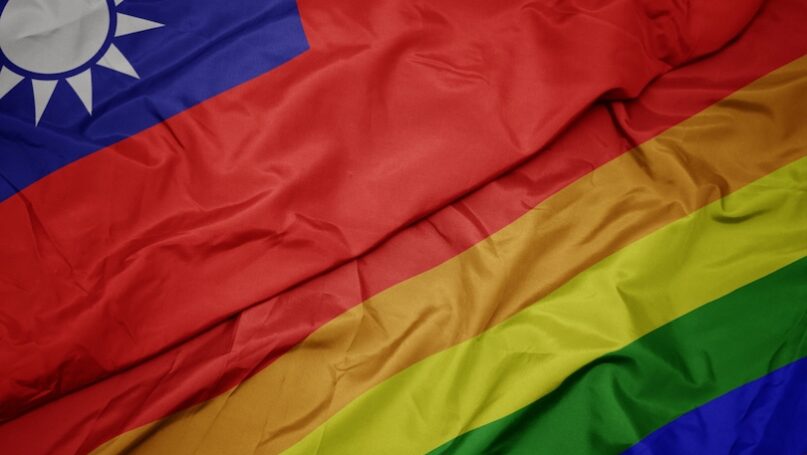
Ruletkka/Depositphotos
Taiwan’s absence from multilateral institutions is often narrated as a diplomatic anomaly, a by-product of great power rivalry or a legal issue of statehood. But there is something more quietly corrosive at work—an exclusion that does not merely affect Taiwan as a political entity but shapes the lives, rights, and bodily integrity of its people in profoundly unequal ways. What is often left unsaid in accounts of Taiwan’s marginalisation is how its absence from international fora like the World Health Organization (WHO) or Interpol disproportionately impacts women, LGBTQ+ people, and other socially vulnerable populations.
Global governance institutions are not simply venues for states to project power or resolve disputes. They are mechanisms through which knowledge is shared, crises coordinated, standards set, and human needs addressed. When an entire population is denied formal access to such institutions, it is not just the nation-state that is excluded. It is the gendered body seeking health care, the queer teenager facing violence, the migrant woman escaping abuse. These lived experiences do not fall neatly within the frameworks of sovereignty or recognition, but they are no less real, and no less urgent.
Consider Taiwan’s exclusion from the WHO. During the COVID-19 pandemic, Taiwan was barred from participating in the World Health Assembly, despite being one of the first to detect and respond to the outbreak. Taiwan recorded only 7 COVID-19 deaths in all of 2020, an extraordinary figure that went largely unacknowledged by global institutions. Its early alert to the WHO in late December 2019 about human-to-human transmission in Wuhan was ignored and even denied. While Taiwan independently managed its health response, the costs of exclusion have reverberated in less visible ways. WHO programmes targeting maternal health, HIV prevention, gender-based violence, and reproductive rights are designed to function through national governments and international coordination. By default, Taiwan is excluded from these.
This has tangible effects. In 2024, Taiwan reported rising HIV infection rates among men who have sex with men (MSM), despite prior years of decline. It is possible that this is partly due to pandemic-era disruptions in international coordination and stigma-related barriers in access to testing and care. Without WHO support, Taiwan cannot participate in Global Fund initiatives, nor can it engage in WHO’s technical cooperation on LGBTQ+ health. Women—especially in rural and indigenous communities—lack access to WHO-endorsed guidance on gender-sensitive mental health services and post-rape care protocols.
The issue extends beyond health. Taiwan’s exclusion from Interpol creates security risks for all, with particularly acute consequences for women and LGBTQ+ individuals, especially in the context of human trafficking and cybercrime. The US Department of State’s 2023 Trafficking in Persons Report placed Taiwan in Tier 1 for its anti-trafficking efforts but there are gaps in international police cooperation due to its exclusion from Interpol’s I-24/7 global criminal database. Taiwan has documented numerous cases of women trafficked to Southeast Asia or Eastern Europe for sexual exploitation. Yet without real-time access to Interpol alerts or cross-border data-sharing, Taiwanese authorities must rely on informal channels, which delay responses and hinder victim recovery.
One recent case involved hundreds of Taiwanese including women lured to Cambodia under false job offers and forced into online scam centres. While police forces helped repatriate some of them, Taiwan’s lack of formal Interpol channels slowed the process. Recently, some Taiwanese victims were rescued from similar trafficking rings in Southeast Asia, but instead of being returned to Taiwan, they were transferred to the People’s Republic of China. This raised serious concerns about due process and the risk of arbitrary detention or coercive interrogation, especially in politically sensitive cases where victims may face fraud or national security charges under PRC law.
Taiwan’s inability to access UN human rights mechanisms further compounds these challenges. Although Taiwan has domestically adopted the Convention on the Elimination of All Forms of Discrimination Against Women (CEDAW), it cannot formally become a signatory due to its exclusion from the United Nations, and it is therefore unable to submit reports to the UN Committee. The lack of international oversight weakens enforcement and limits Taiwan’s influence in shaping global gender equality norms.
The exclusion also plays out in global development frameworks. The UN Sustainable Development Goals (SDGs) are increasingly used as policy benchmarks across issue areas, including gender equality (Goal 5) and health (Goal 3). Yet Taiwan’s government is unable to submit Voluntary National Reviews to the UN High-Level Political Forum. Instead, it publishes parallel SDG reports that circulate outside formal channels. This prevents Taiwan’s experiences—such as its efforts to address gender pay gaps, improve access to childcare, or reduce rural health disparities—from informing global best practices. Conversely, it also restricts Taiwanese policymakers from engaging with the innovations and findings of other states via institutional feedback loops.
One might argue that Taiwan has developed internal capacities to fill the gaps left by exclusion. Indeed, the island has built a dynamic civil society, a responsive health care system, and one of Asia’s most progressive legal frameworks for LGBTQ+ people. Taiwan ranks close to first in Asia in the Equaldex LGBTQ+ Rights Index, and its Gender Equality Index scores exceed the OECD average. But resilience does not absolve exclusion. Nor should success be mistaken for immunity—clearly. Its civil society actors must expend disproportionate effort to gain international attention. Its police must work around missing links in transnational crime databases. These structural disadvantages are borne unevenly, often falling most heavily on those already marginalised by gender, sexuality, disability, or poverty.
Moreover, the symbolic dimensions of exclusion matter. When Taiwan is excluded from bodies that shape the global conversation on rights, health, or development, its people are rendered invisible in those arenas. For queer Taiwanese youth, the message is clear: your struggles are not seen at the UN. For indigenous women facing health disparities, the message is that international accountability is unavailable. This invisibility reinforces a global order in which statehood is a prerequisite for personhood in international law—a condition that runs counter to the spirit of human rights universality.
What is particularly troubling is the complicity of many international actors in this exclusion. Institutions that claim to prioritise gender equality, protect human rights, or promote health equity routinely accept Taiwan’s absence as a cost of diplomatic pragmatism. The WHO’s constitution proclaims the highest attainable standard of health as a fundamental right of every human being, yet it excludes ~23 million people from formal participation. Interpol claims to coordinate global efforts to combat exploitation and trafficking yet turns away a territory with significant policing needs and capabilities. This is not neutrality. It is a political choice that reifies power imbalances at the expense of the vulnerable.
A gendered lens reveals that Taiwan’s exclusion is not a passive condition but an active structuring of inequality. It shows how multilateralism, when constrained by rigid state-based logic, can produce outcomes that contradict its normative commitments. To address this, it is not enough to argue that Taiwan “deserves” inclusion because it is democratic or competent. These may be true, but they leave intact a hierarchy in which recognition is conditional. What must be foregrounded instead are the lives disrupted, the rights denied, and the safety compromised by exclusion. Inclusion is not a reward. It is a necessity for equitable governance.
This is not a call for the international community to abandon the one-China policy overnight. It is, however, a demand to rethink the ways in which that policy is operationalised within multilateral institutions. Observer status, flexible participation mechanisms, and engagement with Taiwanese civil society are all feasible interim steps. Some precedents already exist: Taiwan attended the World Health Assembly as an observer from 2009 to 2016; its NGOs regularly participate in UN side events; its academics are active in global professional networks. But these ad hoc arrangements are not enough. What is needed is a shift in mindset—from viewing Taiwan’s inclusion as a geopolitical flashpoint to recognising it as a gendered governance imperative.
Further Reading on E-International Relations
About The Author(s)
Joseph Black holds a Juris Doctor from the University of Sydney and is currently pursuing a master’s in international affairs at King’s College London and a PhD in gender studies at Chiang Mai University. He also serves as a research officer at the University of New South Wales.
Before you download your free e-book, please consider donating to support open access publishing.
E-IR is an independent non-profit publisher run by an all volunteer team. Your donations allow us to invest in new open access titles and pay our bandwidth bills to ensure we keep our existing titles free to view. Any amount, in any currency, is appreciated. Many thanks!
Donations are voluntary and not required to download the e-book - your link to download is below.

 Movie
Movie 11 hours ago
11
11 hours ago
11 
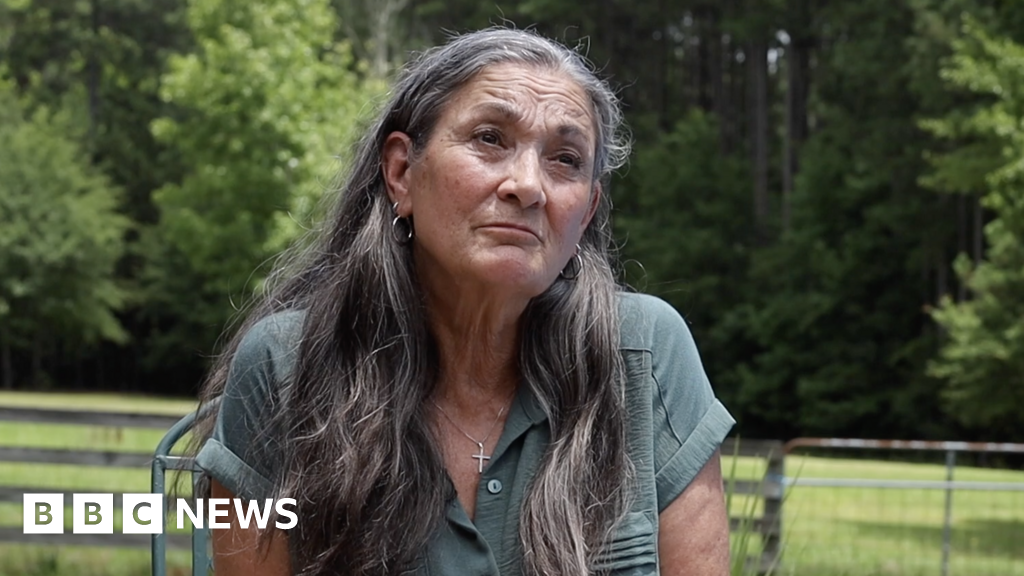
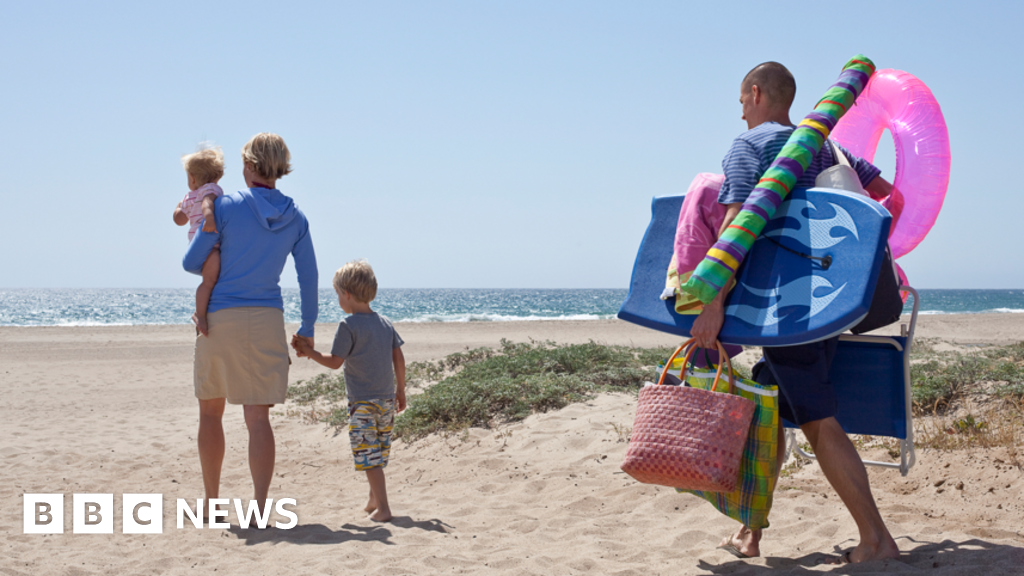
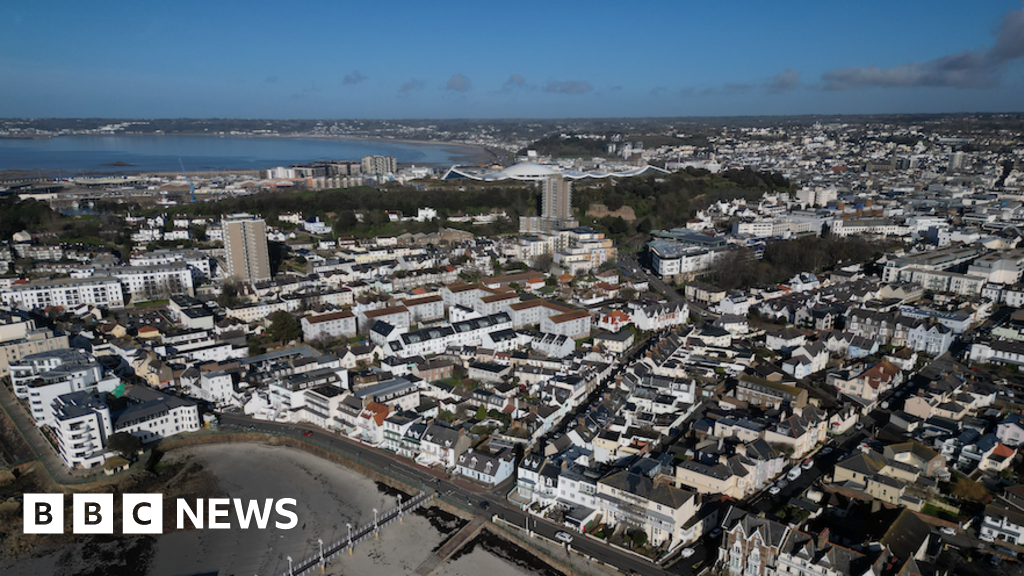
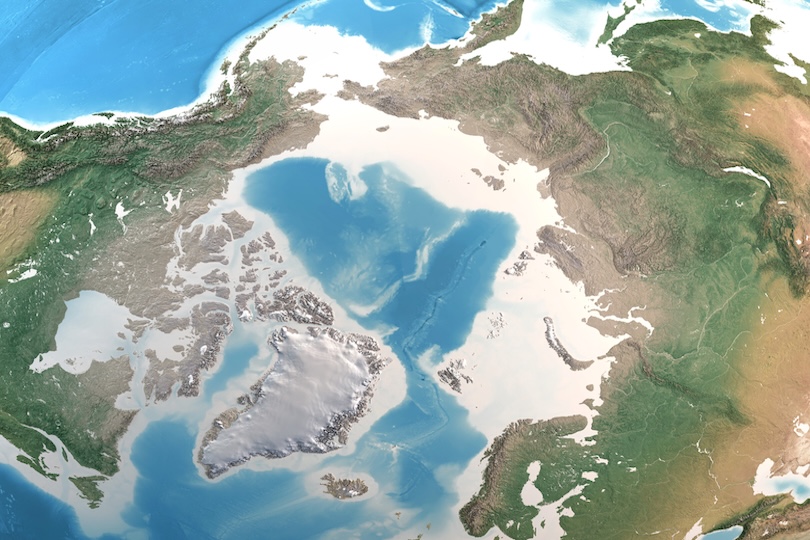


![Presidents Day Weekend Car Sales [2021 Edition] Presidents Day Weekend Car Sales [2021 Edition]](https://www.findthebestcarprice.com/wp-content/uploads/Presidents-Day-Weekend-car-sales.jpg)



 English (United States)
English (United States)